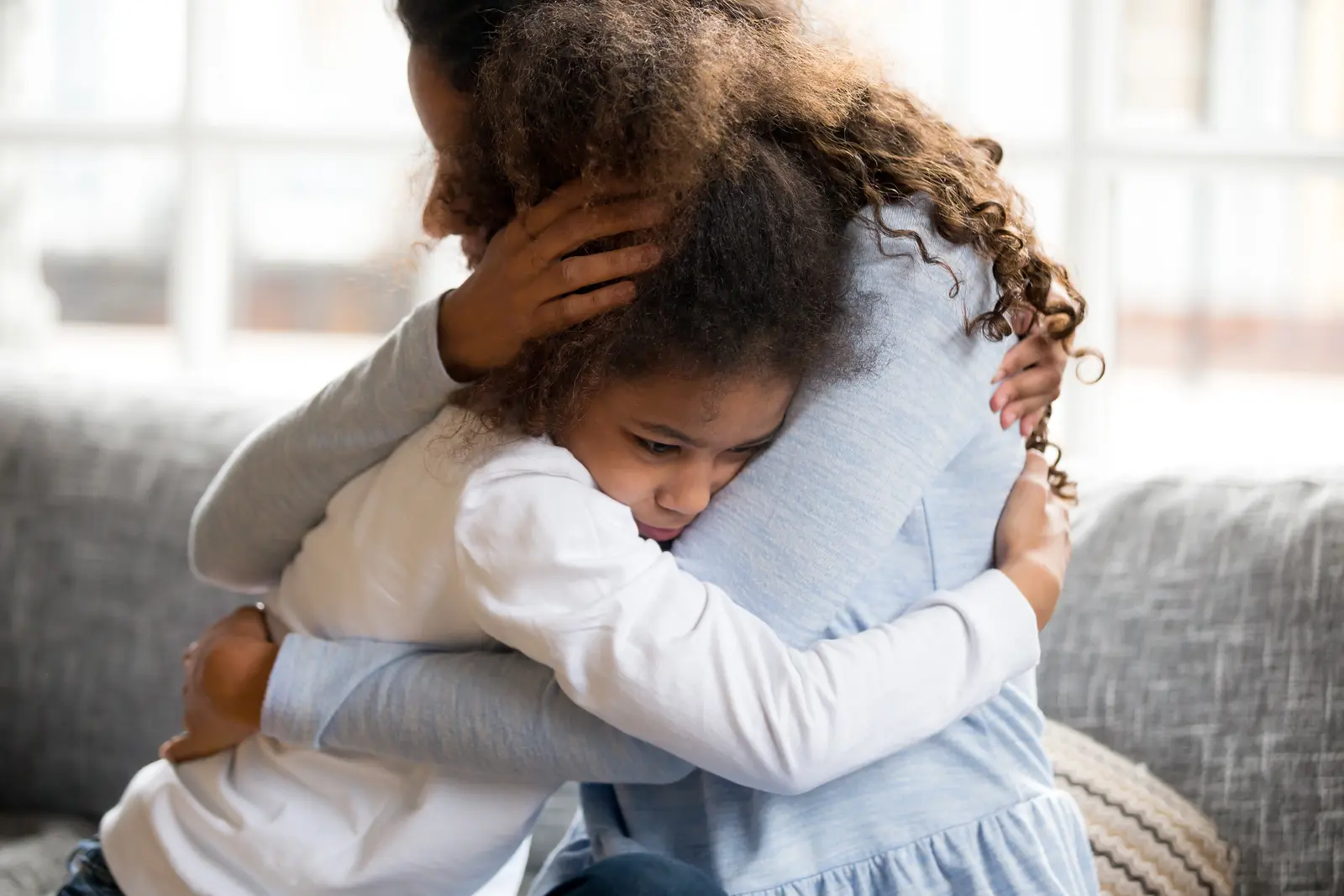Dealing with serious and terminal illness – bereavement support
We provide support for children, young people and families who have been bereaved by terminal or serious illness.

Support for families bereaved by and coping with serious or terminal illness
Knowing that a parent, sibling or other family member has cancer or another serious or terminal illness and may die is devastating for children and young people. However, we know that with the right support children can find ways to live confidently with the worry and sadness and learn to cope with their grief. There are no ‘right’ answers, but below is some information and guidance on how to support children when someone is seriously ill or has a terminal illness, and how Winston’s Wish can support families both before and after the death of someone important.

Talking to children and young people about a serious or terminal illness
There is an overriding instinct to protect children from things that will hurt them. However, children of all ages often know more than adults realise – they might overhear conversations, be told something by others or intuitively pick up that you are worried – and partial or inaccurate information can be more worrying than the truth. What you tell your children will depend on many factors, one of which will be their level of understanding. We cannot stop children feeling sad, but if we share our feelings and give them information, we can support them in their sadness.
How to get support
Winston’s Wish has supported many families bereaved by serious or terminal illness. Our experienced Helpline team can offer advice, guidance and support when someone is seriously ill and after a loved one has died. We speak to parents, carers, family friends, professionals and anyone who is supporting a child or young person during this devastating time. Contact us by:
- Call: 08088 020 021
- Email: ask@winstonswish.org
- Use our online chat
- For out of hours mental health support, text WW to 85258 to speak with someone from our trusted partner, Shout. For urgent support in a crisis, please call 999.

Advice and resources from our team

Telling a child someone is seriously ill
This is one of the most difficult conversations you will face, but from our experience it is better to talk to children about the illness. Here’s some advice on how to tell them.

Should I tell a child their loved one is dying?
Your instinct may be to protect your child from knowing, but telling them that their loved one is going to die can give them time to understand and say goodbye.

As Big As It Gets
Our specialist book offers practical advice for families when someone is seriously ill and may die. Includes guidance, ideas for activities and helpful resources.

Little Box of Big Thoughts
You can use these to record memories and messages for your child that can be a unique and permanent reminder for them of your loving relationship.
Telling a child someone has died
Our team offer some gentle and caring ways to tell a child their loved one has died and suggest the age-appropriate language you could use.

Preparing a child for the death of a parent
It will be very difficult for children and young people when a parent has cancer and may die. Here are some of the ways you can prepare them.


